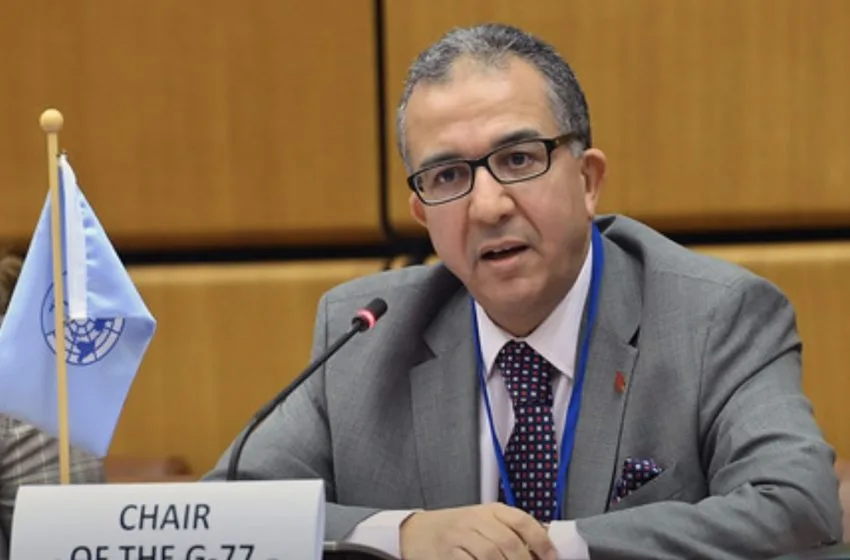Doha-the 68th meeting of the United Nations Commission for Narcotics (CND) in Vienna adopted a groundbreaking solution for the environmental impact of illegal drug-related activities on Friday.
The first solution for the child entitled “Combating the effects of illeged drug -related activities on the environment” is a cooperation between Morocco, France and Brazil.
“This resolution encourages Member States to include environmental protection in their drug policy and to develop and implement international strategies in order to cope with the environmental impact of illegal drugs in connection with drugs,” said Azzeddine FarhanMorocco’s permanent representatives of the United Nations in Vienna.
The resolution builds on the ministerial declaration of 2019 and the medium -term review of 2024, in which the need was recognized to combat both basic causes and harmful effects on the environment.
It also dates from the result document of the 30th special meeting of the General Assembly in 2016, in which the Member States confirmed the importance of environmental protection in connection with the combating of illegal pharmaceutical plant cultivation and other drug -related activities.
The initiative has received support in several countries and will continue until 2029 if the Commission will check the progress in the obligations for international drug policy.
Read too: UN takes over the decision of the Morocco for sustainable tourism and poverty control
The resolution takes into account recent investigations by the United Nations Office for Drugs and Crime (UNODC), in particular the results of the drug reports 2022, 2023 and 2024 on direct and indirect environmental effects.
Morocco’s holistic anti-drug strategy has result Remarkable results. Moroccan security services confiscated 1,777 tons of cannabis resin, 1,222 tons cannabis Herbs, 6.48 tons of cocaine, 38 kg heroin and 8,053,904 Psychopharmka between 2020 and 2024.
“Morocco made the collaboration into an important lever in its strategy for drug trafficking,” said Farhan at the meeting, which ran from March 10th to 14th.
“This cooperation leads to intelligence participation, operational cooperation and expertise with African countries, especially in the Sahel countries, in border monitoring, strategic intelligence exchange and the establishment of law enforcement authorities,” he added.
The country has recently passed a new national plan for prevention and management of addiction disorders 2024-2030, in which addiction mortality and morbidity are reduced and at the same time guaranteed universal access to prevention and quality treatment.
“We have to double the efforts more than ever and renew the international consensus in order to present a uniform against urgent threats from increased subregional, regional and international cooperation,” said Farhan and stated the growing concerns with regard to synthetic drugs and new psychoactive substances.
The Commission for Drugs for Narcotics serves as a decision-making body of the United Nations that direct international measures against drugs and crime under the Economic and Social Council (ECOSOC) and the management of the UNODC.
His decisions and resolutions contain guidelines for the Member States and the UNODC.





